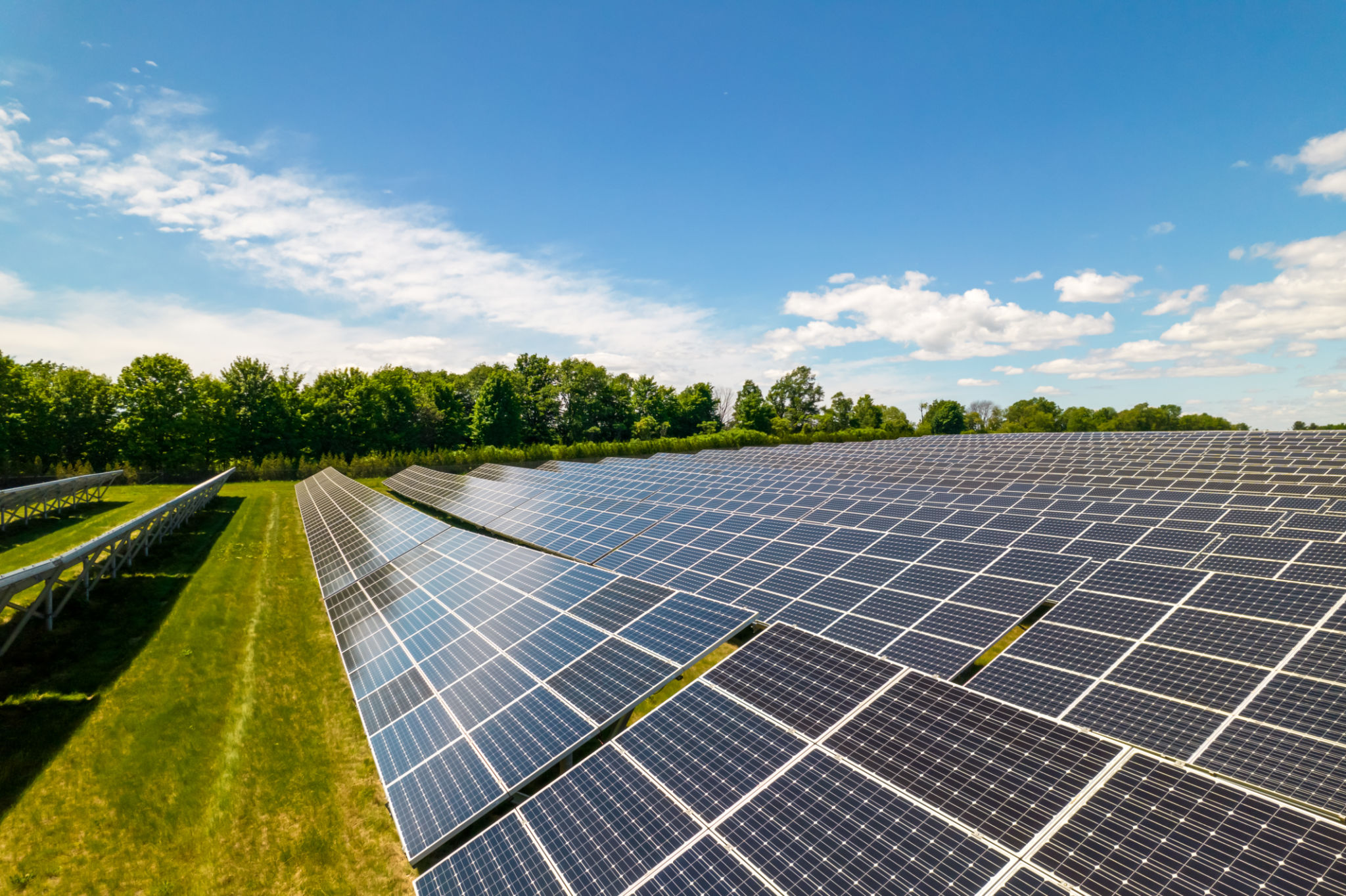Understanding the Impact of Solar Power on Cameroon's Environment
Introduction to Solar Power in Cameroon
In recent years, Cameroon has been making strides towards embracing renewable energy sources, with solar power emerging as a leading contender. This shift is crucial not only for energy independence but also for environmental sustainability. As a nation blessed with abundant sunlight, Cameroon has the potential to harness solar energy to meet its growing energy demands while minimizing environmental impact.

The Environmental Benefits of Solar Power
Solar power offers several environmental benefits that are particularly relevant to Cameroon. First and foremost, solar energy is a clean and renewable resource. Unlike fossil fuels, it does not emit harmful pollutants such as carbon dioxide or sulfur dioxide, which contribute to air pollution and climate change. By investing in solar power, Cameroon can significantly reduce its carbon footprint.
Additionally, solar power systems require minimal water usage compared to traditional power generation methods. This is especially beneficial in regions where water scarcity is a pressing issue. Solar installations can help conserve water resources, ensuring they are available for essential activities like agriculture and drinking water supply.
Challenges in Implementing Solar Power
While the potential benefits are substantial, there are challenges to implementing solar power on a large scale in Cameroon. One major obstacle is the initial cost of installation. Although prices for solar panels have decreased globally, the upfront investment can still be prohibitive for many communities and businesses in Cameroon.

Another significant challenge is the lack of infrastructure and technical expertise required to maintain and manage solar power systems effectively. The government and private sector need to collaborate in building the necessary infrastructure and training personnel to ensure the long-term success of solar projects.
Government Initiatives and Support
The Cameroonian government has recognized the importance of renewable energy and is taking steps to support its development. Policies and incentives aimed at encouraging investment in solar energy have been introduced. These include tax breaks, subsidies, and simplified procedures for setting up solar projects.
Furthermore, international partnerships and collaborations are being sought to bring in technical expertise and financial support. These initiatives are critical for overcoming some of the barriers to solar energy adoption and ensuring that the benefits reach all segments of society.

The Role of Solar Energy in Rural Development
Solar power has a transformative potential for rural areas in Cameroon, where access to electricity remains limited. By deploying off-grid solar solutions, communities can gain access to reliable and affordable electricity. This can lead to significant improvements in quality of life, enabling activities such as nighttime study for students and extended business hours for local entrepreneurs.
Moreover, access to electricity can spur economic development by attracting new businesses and creating jobs. As solar power becomes more widespread, it can help bridge the urban-rural divide in terms of energy access and opportunities.
Conclusion: A Sustainable Future
The impact of solar power on Cameroon's environment is profound, offering a path toward sustainable energy development that protects natural resources and mitigates climate change. By addressing the challenges and leveraging the opportunities presented by solar energy, Cameroon can set an example for other nations in the region.
With continued commitment from the government, private sector, and international partners, solar power can play a pivotal role in shaping a greener future for Cameroon. As the nation continues on this journey, the promise of clean, renewable energy becomes ever more attainable.

